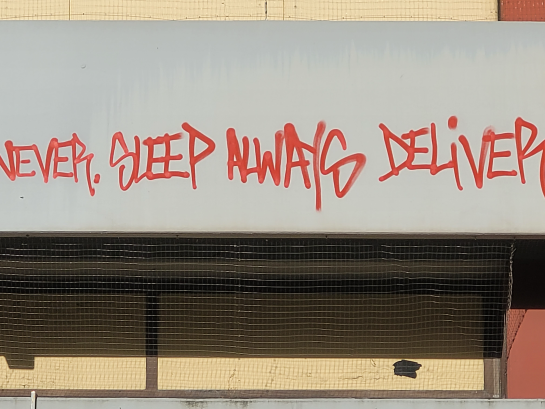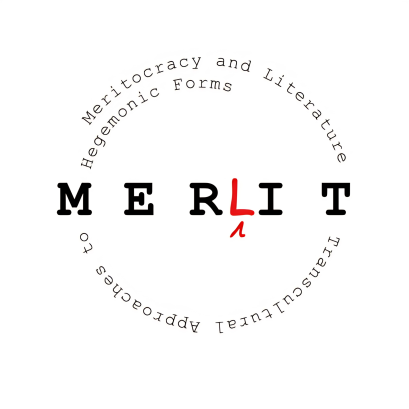
How can we study the history of meritocracy as a literary history? What are the limits of this undertaking? Scholars in Philosophy and the social sciences argue that meritocratic thought can be traced back to European antiquity. Yet, what forms and shapes does it take, how has it changed over time and travelled across contexts? MERLIT aims to expand explorations and the critique of meritocratic thought temporally, geographically and in a transcultural perspective by drawing on literary engagements with meritocratic narratives. Teasing out the reciprocal relations between literary forms and social narratives is an important methodological angle in all of MERLIT’s projects. WP 6 takes a bird’s eye view and thus provides important links between the other work packages. The widening of perspectives (historical and transcultural) inevitably raises questions with regard to the possible scope (or, translated into a literary studies terminology: the canon) of the research field. To what extent can it, indeed, be opened up? How open are we really when it comes to accommodating less well-known works of literature - and works that may test the boundaries of the literary? MERLIT does not seek to render a complete picture but aims at opening the doors widely. In the context of guest lectures and two MERLIT conferences, scholars from a range of disciplines are invited to participate in the debate and contribute to a better understanding of the shapes of meritocratic thought and their impact over time and contexts.
Researcher: Eva Ulrike Pirker

Researcher: Eva Ulrike Pirker
